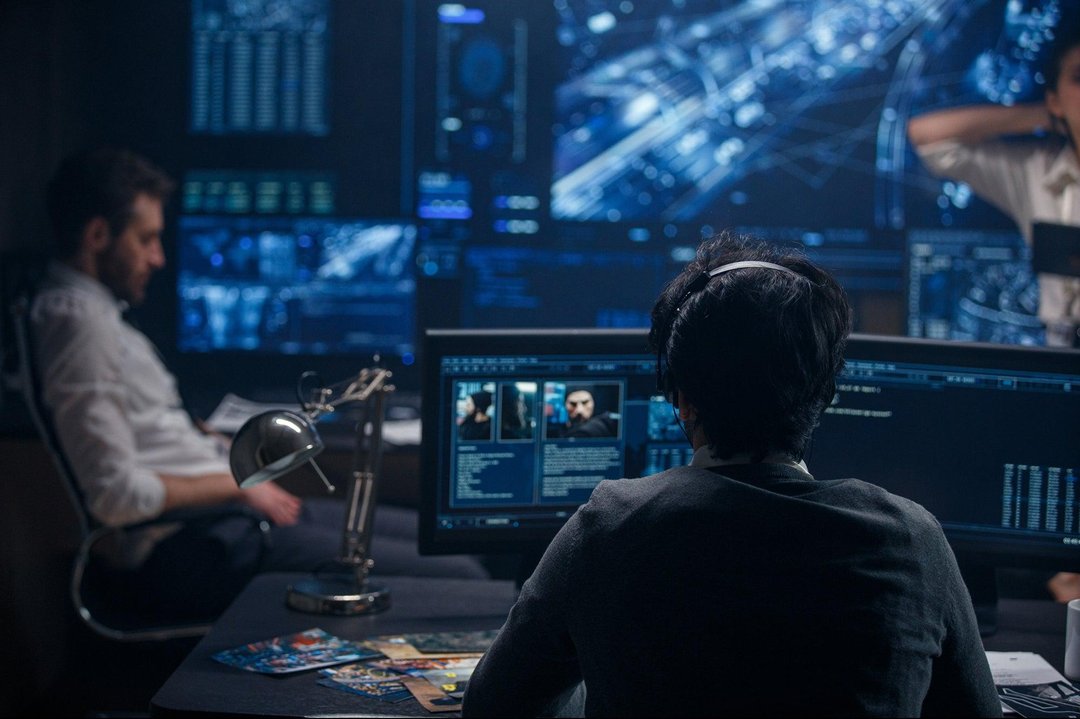
Jon B. Becker
March 22, 2024
Since the days of the first James Bond movie, the life-and-death game of international espionage will always be exciting. Covert operations in high-risk environments conducted by intelligence services certainly make a fantastic theme for novels, movies, and TV shows. But the reality of intelligence work is far from what is portrayed in the movies. It is a deliberate and methodical process-driven profession where the entire team must be precise and perfectly coordinated. The slightest error could compromise the mission and run the risk of losing lives.

Getty Images
That said, it is not surprising that the leadership skills of intelligence professionals are constantly being redefined and studied. Whether you are a business owner or an aspiring entrepreneur, you can learn some key lessons from these professionals that will make you a smarter leader. I had the opportunity to interview one of these leaders, and this is what I learned.
Marc Polymeropoulos is one of the CIA's most decorated senior intelligence professionals — he even wrote a book about his time there. Marc spent 26 years working in the world's most dangerous places and leading covert operations. His tried-and-true leadership techniques also have broad applications beyond the world of the CIA. Two of his approaches stuck with me, not only for their operational utility but also for the catchy nicknames: respecting the process monkey and honoring the glue guy.
Respecting the Process Monkey
Espionage is complicated work. Marc believes strongly in establishing processes and adhering to them rigorously, especially in situations where there's high risk or uncertainty. He calls this "Respecting the Process Monkey."
In Marc's experience, processes act as a safety net. Even when situational awareness is low, there are tried-and-true methods to fall back on that can guide decision-making.
Marc shared a fantastic example of how the CIA uses this philosophy. When a CIA officer must meet with an asset (e.g., a foreign national who is covertly spying for the U.S.), they adhere to a rigorous process to ensure they are not being followed. This process may involve hours of driving in unusual ways, changing modes of transportation, and even changing their appearance along the way. This "cleansing" process ensures they never put their asset in harm's way.
There is no shortcut for this process, and it always takes precedence over everything else. If something interferes with it, like getting caught in traffic, the meeting is abandoned if the process cannot be properly completed. There is no discretion or decision to be made; the process always wins.
Much like pilots employ checklists to prevent oversights, "Respect the Monkey" ensures that crucial steps are not overlooked in the heat of the moment.
This has broad application for any business and any entrepreneur. Any task or project that is prone to oversight or can be compromised with one wrong move must be met with "Respect the Monkey." By establishing order and standardized processes, you protect yourself from legal, financial, and emotional setbacks. You can also make rapid decisions in predicaments because you have created a process that requires little time to think, which is a protection-first mindset.
Honoring The Glue Guy
Complicated operations rely on teamwork and include a wide variety of jobs for each team member. A few of these have high visibility in the organization — a case officer, for example — but most of the jobs on a team are behind the scenes and easy to overlook, like the people who handle logistics or set up communications.
"Honoring The Glue Guy" recognizes the indispensable role of individuals who might not always be in the spotlight but are crucial for a team's success and cohesion. As the name suggests, the "glue guy" holds the team together by contributing to the team's morale and function.
Although someone may be a "glue guy" by making a substantial behind-the-scenes contribution, this is not the only way to hold a team together. Sometimes, the "glue guy" may have a smaller role on the team but plays a big part in keeping morale up or solving interpersonal conflicts. Marc made it a policy to focus on these people and bring their contributions to the front and center of the team.
Marc shared an example from his time in Afghanistan, where he was the chief of a base. It is not a job with a great deal of compassion but an essential job to keeping coalition forces safe.
One night, a young Afghan boy was walking outside the U.S. base and stepped on an old landmine from the Soviet occupation period, critically injuring his leg. The boy was rapidly bleeding, and two of Marc's case officers ran outside the secure base to save the boy's life.
While helping the kid, Marc tried to call a U.S. medevac helicopter to transport the boy to a hospital. This was an unconventional choice. This was not an American or even an Afghan forces member, and the U.S. forces had done nothing to make this happen. As a result, Marc's team could have easily done nothing and remained safe at the base. Yet here they were, pleading with a U.S. hospital to send a helicopter. The hospital eventually agreed, and the two team members stayed with him until he was picked, and it saved his life.
Clearly, this was not their mission, nor was it something they would be acknowledged or celebrated for by headquarters. Yet that night, while the team surrounded a campfire (Caveman TV, as Marc calls it), the two officers were honored by the team and celebrated for saving the boy's life and keeping the local village's support by caring for one of their children.
In intelligence operations, as in any organization, acknowledging and valuing every team member's contribution, regardless of their position, fosters a culture of inclusiveness and respect. It builds a stronger, more cohesive team and makes people feel valued and supported by the leadership. The importance of "glue guys" to an organization cannot be overstated, which makes Marc's idea of honoring them a great strategy to adopt, no matter what your mission is.
As a leader or entrepreneur, look out for the "glue guys" and pay homage to their contributions — and don't forget to praise them publicly so others can see the value of every member.
Conclusion
Intelligence work may seem an unlikely place to look for leadership and business advice. Yet the high-pressure, complex, and zero-failure environment of espionage serves as a crucible for leadership skills. Marc's 26 years in the world's most dangerous locations allowed him to distill the complexity of critical leadership down to those who work in high-pressure decisions.
Enjoy Entrepreneur Magazine on your terms. For just $10.99, get 1-year of the print edition delivered straight to your mailbox and 1-year instant access to the digital edition on your mobile device. Subscribe Now!
This Entrepreneur article was legally licensed by AdvisorStream


